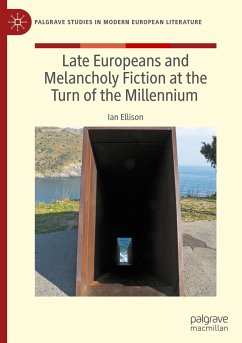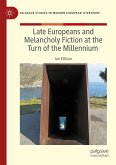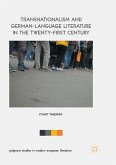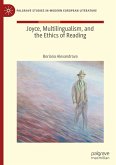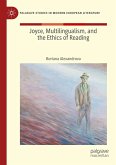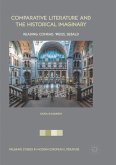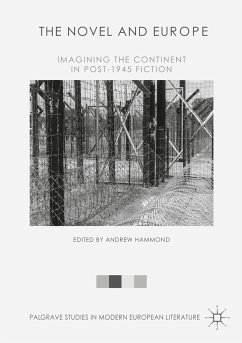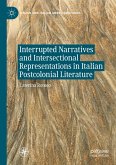This book is the first comparative study of novels by Patrick Modiano, W. G. Sebald, and Antonio Muñoz Molina. Drawing on many literary figures, movements, and traditions, from the Spanish Golden Age, to German Romanticism, to French philosophy, via Jewish modernist literature, Ian Ellison offers a fresh perspective on European fiction published around the turn of the millennium. Reflecting on what makes European fiction European, this book examines how certain novels understand themselves to be culturally and historically late, expressing a melancholy awareness of how the past and present are irreconcilable. Within this framework, however, it considers how backwards-facing, tradition-oriented self-consciousness, burdened by a sense of exhaustion in European culture and the violence of its past, may yet suggest the potential for re-enchantment in the face of obsolescence.
"The aims of this book invite sympathy. ... its method is empirical, starting from 'novels, not theories about them', and the author disclaims any 'absolutist theoretical universalism'. His study is 'Eurocentred' but not 'Eurocentric', a distinction that deserves to be widely adopted. ... here Ellison offers his original contribution ... . He has succeeded in saying something fresh about Se-bald, no easy achievement, and has offered a general argument which others may fruitfully extend." (Ritchie Robertson, Modern Language Review, Vol. 118 (3), July, 2023)
